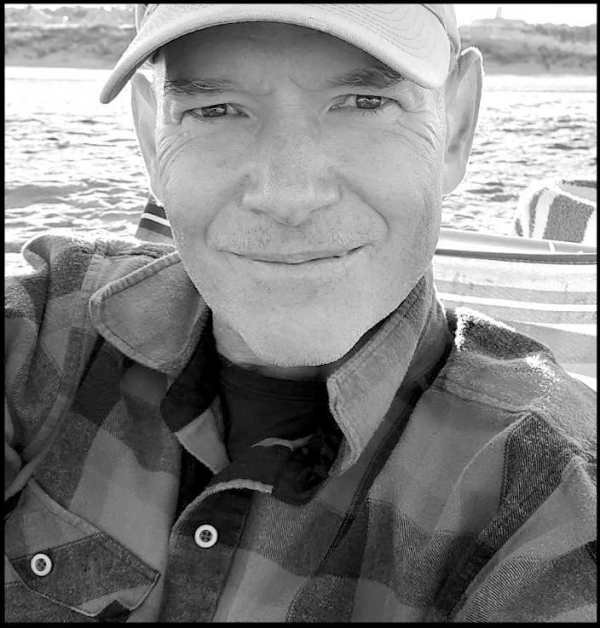HOKMA College of General Education

HOKMA College of General Education
It’s hard to imagine a headline that could reverberate more in the media than the continuing invasion of Ukraine by Russia’s Putin. But even if you missed the latest 94th Academy Awards like I, you should have heard about actor Will Smith slapping comedian Chris Rock across the face on stage during the ceremony. The background and explanation of why is very complex but centers on Smith’s defense of his wife from a vulgar and insensitive joke about her loss of hair from a medical condition (and subsequent shaved hairstyle). Reactions to this violent act have mostly focused on recognizing Smith’s attack as criminal assault/ abuse or more sympathetically as an act of chivalry, akin to standing up to a bully or perhaps even a modernday knight defending the honor of his princess. The ever-thoughtful legendary basketball player, Kareem Abul-Jabbar afterwards stated on his blog that Smith had sadly perpetuated stereotypes against black men who are too often portrayed as inherently violent. Jabbar also felt that by hitting Chris Rock, Smith had “announced that his wife was incapable of defending herself against words”.
This brings to mind the famous words of Thomas Paine in his Dissertation on First Principles of Government (1795): “He that would make his own liberty secure, must guard even his enemy from oppression; for if he violates this duty, he establishes a precedent that will reach to himself.” In other words, in order for anyone to have liberty and freedom from oppression, everyone – including your enemies – must be equally allowed to enjoy them. Shakespeare similarly recognized that even where there is power, there will always be those who mock it. For as the jester Feste proclaims in the Twelfth Night (1601) “Foolery, sir, does walk about the orb like the sun, it shines everywhere.” In fact, the presence of this kind of ridicule in the public is often one of the best signs of a healthy society, as there is no better mark of a tyrant than his (or her) inability to take a joke. But what is one to think or do when the jester is more or equally powerful, or the joke is aimed at the oppressed precisely because of their disability?
For instance, when the ignoble former American President openly mocked a New York Times reporter with a physical disability by impersonating the reporter’s inability to control his arms, it was clearly anything but a joke. Is Chris Rock guilty of the same kind of immorality and shamelessness as the former President simply because he also mocked someone with a condition that they were helpless to endure? Power and empowerment seem to be at the heart of answering these questions, but equally important are first principles.
Let us now return to the ongoing destruction and devastation inflicted on an entire country by one man – one man. Lost in his maps and fantasies, he dabbles at history in order to refashion it into just cause for his conquest while another man tirelessly escorts his family to the border for safety and returns to defend his hometown with one backpack and the family cat. One man lives for his wealth and power. One man lives for another hour. No matter which man succeeds, the world will be changed. If the former wins out, the world returns to what it had been for most of human history – a barbaric collection of brutal tribal nations attacking weaker ones with peace nothing more than a temporary pause in the action. If the latter triumphs, dictators around the globe learn a valuable lesson about the kind of world that is acceptable to us all – and what will not be tolerated.
Fundamentally, Putin’s war and Smith’s slap both revolve around liberty: in the former case, Ukrainian defense is necessary to (re)establish liberty, and in the latter, as Paine said, “undergoing the fatigues of supporting it” required Smith’s restraint.

